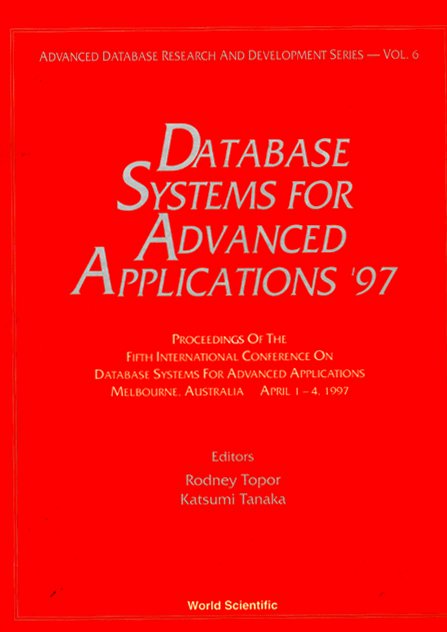Modeling Valid Time: An Efficient Representation
The bitemporal conceptual data model proposed for handling time within the framework of relational data model can be effectively represented using valid-time and transaction-time intervals as time-stamps on tuples. We observe that in many real-world applications, valid-time interval for a fact is not known completely while entering the fact in a temporal database. The model provides 'open' interval, from some valid time v to 'forever' for time-stamping such facts. However, updating temporal validity of such facts, which invariably will be required, is not handled efficiently by this representation. We propose an alternative representation which can reduce storage cost by upto 50% and which also results in less I/O during updates. We define the conventional and temporal algebra operations for this representation, and also add a few useful operators for processing open intervals. We propose extensions to temporal SQL to support open-ended valid time intervals.



